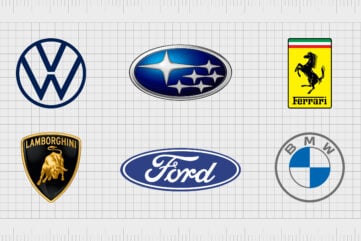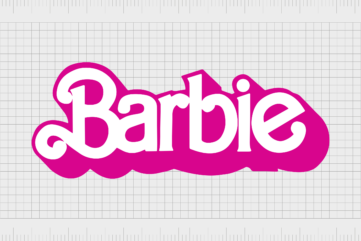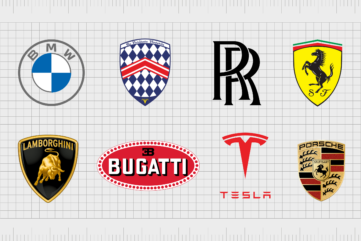Portmanteau brand names: The pros and cons of using compound brand names

Portmanteau brand names are a popular choice in today’s cluttered naming world. Blending two words together gives companies the opportunity to create suggestive and evocative monikers. A compound name can share significant information about your company, while simultaneously allowing for excellent differentiation.
Today’s business leaders have a huge range of options available to them when choosing a great name. You can opt for something simple and descriptive, like “The Furniture Store,” or you can work alongside a dedicated naming firm to create an entirely new word, like “Google.”
Compound names, or portmanteau brand names, are just one of the many options out there. They fall somewhere between “descriptive” and “creative” names, by allowing organization to leverage pre-existing words in the design of something new.
We’re going to take a closer look at the pros and cons of portmanteau business names, to help you determine whether one of these monikers is right for you.
Let’s begin…
What is a portmanteau brand name? An introduction
Portmanteau brand names, or “compound company names,” are a combination of two different words blended into one. There are a few ways to approach Portmanteau names, depending on the kind of impact you want to have on your audience.
The first option is to is to use two pre-existing words in full to create your business name.
This is a common option when the words in question are relatively short. For instance, “PayPal” is a good example of this. Both “Pay” and “Pal” are separate words on their own, though Pal is more of a “slang” term than traditional English.
We can also see examples of this strategy in the names of SnapChat, Facebook, and similar brands.
Since it’s rare to find words short enough to combine together effectively, it’s often more common to use components of different terms to create your portmanteau company names.
For instance, “Instagram” is actually a combination of “Instant” and “Telegram.” Another great example here is “FedEx,” a combination of “Federal” and “Express.”
In certain circumstances, it may also be possible to combine one full word with a portion of another term to create something new. For example, “Pinterest” is a combination of “Pin” and “Interest.”
Depending on how you view the name, you can see the full word “Interest” and the full word for “Pin” in the same moniker.

What are the pros of portmanteau brand names?
One of the biggest benefits of portmanteau business names is they’re instantly recognizable. Using a word your customers are already familiar with in your name, or even a portion of a well-known term, improves your chances of conveying exactly what your business is all about straight away.
Existing words evoke strong and tangible associations. People can immediately wrap their heads around what you’re trying to say, particularly if you do your research. This isn’t always the case with abstract and invented words like “Kodak”.
Some of the biggest benefits of compound company names include:
Clarity
Combining pre-existing words into a new term immediately evokes strong and clear associations for your target audience. You won’t need to spend as much time trying to explain your business name to your customers with a compound term.
Suggestion
By bringing multiple words together, you can share important values and messages about your business more clearly. For instance, DoorDash instantly tells its audience they have the convenient of a service delivered to their home at speed.
Flexibility
There are endless ways to combine words and segments of terms to create portmanteau company names. This could make it easier for some companies to find unique monikers in a cluttered and competitive market.
Creativity
Compared to simple descriptive naming strategies, compound naming can appear to be a lot more creative. These monikers allow you to get a little more playful with your use of language and can help to highlight brand personality.
Why you should use a compound brand name
As you can see above, there are a lot of distinct benefits to using portmanteau business names to describe your company. These names are inherently accessible and recognizable. They simplify the art of connecting with your customer and give you more freedom to experiment with linguistics.
According to one report from 2019, some of the biggest businesses in the world use compound company names. Just look at options like Instagram, Netflix, and DoorDash. Compound names are excellent when you want to be descriptive, suggestive, and creative with your brand moniker.
Hybrid brand names allow you to be more creative with your moniker, without the confusion associated with creating a new title from scratch. Since they’re popular among startups and technology brands, they’re also generally seen as modern and forward-thinking.
The right portmanteau business names grab attention, provide clarity, and can allow you to immediately connect with the correct audience. They’re also very flexible. You can use portmanteau names just as easily for products as you can for businesses.
What are the cons of portmanteau brand names?
Portmanteau brand names are a relatively safe choice for most companies. The ability to use pre-existing terms to design your new name means you can take advantage of clear associations. In general, these names are also easier to trademark and own than standard descriptive names.
However, there are some potential limitations with compound business names. Most of these titles may not provide a clear insight into what your business does. As an example, “Intel” is a portmanteau of the words “integrated” and “electronics”, but you may not recognize this fact immediately.
There’s also a risk people could miss-spell or pronounce your names when you mesh different words together. Some of the biggest disadvantages of portmanteau company names include:
Confusion
If you’re not careful, your portmanteau business name could end up being too abstract. This could lead to confusion among your target audience and make it harder to establish brand reach if people don’t know what your business does.
Spelling issues
To keep compound names as short as possible, it’s common to drop letters and entire portions of words. This could lead to spelling issues which make it difficult for customers to find you. For example, not everyone may know “Netflix” is spelled with an “X.”
Inappropriate merging
Sometimes, when two words are combined together, it’s difficult to know where one ends, and another begins. This can cause your consumers to see your name differently to how it’s intended.
Think about how someone might read the name “Poolife”.
Geographical differences
Similarly, it’s worth remembering when you combine different terms together, you can sometimes create words which have a specific meaning in other parts of the world.
Check your name translates well across all country borders.
Why you shouldn’t use a compound brand name
In the eyes of some consumers and businesses, a portmanteau name can look basic and uninspired. There’s certainly a lot less work involved in meshing two words together than coming up with a new term from scratch.
If you’re not careful with your naming choice, there’s a risk your customers could see your business as lazy or uninteresting.
Another point to keep in mind is you can’t always guarantee how people are going to spell or pronounce your portmanteau brand names.
If there’s a risk people could divide your name into the wrong segments and end up getting the incorrect idea about your brand, it’s best to avoid a compound name. You’ll need to ensure the meaning of your title is clear, even if you’re only using segments of different words.
Portmanteau names can also be difficult to use if the words you want to use for your company are too lengthy. The more letters you need to cut out of a word to blend it with another term, the more risk you have of losing the meaning and associations behind those words.
Famous portmanteau brand names to inspire you
Though they have their pros and cons to consider, portmanteau company names have proven to be a very popular and relatively effective choice for a lot of businesses. They’re much easier to access than an abstract or invented word, and more creative than a descriptive title.
In a world where it’s becoming increasingly difficult for companies to find brand-new names for their identity, a compound term can be an excellent solution. If you’re thinking of using a portmanteau name for your brand, here are some great examples to inspire you…

1. Instagram
Easily one of the most famous compound brand names around, Instagram has emerged as one of the top social media sharing sites in the world. First launched in 2010, the company was created to provide consumers with a quick and convenient ways to share images online.
The word “Instagram” is a combination of “Instant” and “Telegram.” The idea was to convey the speed and simplicity of capturing information on your phone to share with others online. Instagram’s title immediately highlights it as a company committed to speed, simplicity, and communication.

2. Netflix
Another famous example of one of the most successful businesses with a portmanteau brand name is Netflix. This world-changing video streaming service first launched in 1997 and has been growing ever since.
The organization transformed the way we consume content by introducing the world to the concept of on-demand movie and TV streaming.
Netflix is a portmanteau of the words “Net,” meaning internet, and “Flicks,” with a unique spelling to maintain the modern and edgy personality of the brand. The name is intended to make us think about watching video content on the web.

3. Snapchat
Snapchat, one of the top Instagram competitors on the market, first jumped into the social media scene in 2011. The solution was introduced as a multi-media messaging app where people could send “temporary” images to their friends.
Snapchat’s business name is a combination of the words “Snap” and “Chat.” The term “Snap” is intended to reference snapping a quick photo. The term “Chat” speaks to the messaging and communication capabilities offered by the application.

4. Microsoft
The technology industry is one of the biggest adopters of portmanteau brand names. Microsoft is an example of one of the top tech organizations in the market to take full advantage of a compound term. Launched in 1975, the company sells a huge range of hardware and software products.
The word “Microsoft” is a portmanteau of “Microcomputer” and “Software.” While you might not automatically associate the word “Micro” with computers, the organization’s name has proven to be effective at highlighting the modern and innovative nature of the business.

5. Facebook
Another great example of a technology company with a compelling compound business name is Facebook. Launched in 2004, the company introduced much of the world to the new age of social media.
The idea was to create a digital “book” where you could search for and communicate with your friends and colleagues.
Facebook is an example of a portmanteau name where both of the words in the title are complete. The name was chosen to help highlight the fact users would be able to see images of their friends online, rather than just lists of contact details.

6. Intel
Most people don’t realize this, but Intel is actually a company with a portmanteau brand name. The business first launched in 1968, with a goal of creating powerful microprocessor chips and internal components for computers.
The title stands for “Integrated Electronics”, highlighting the specific kind of technology the organization wanted to sell. The entire focus of Intel is to build “integrated” components for the various devices we use today.
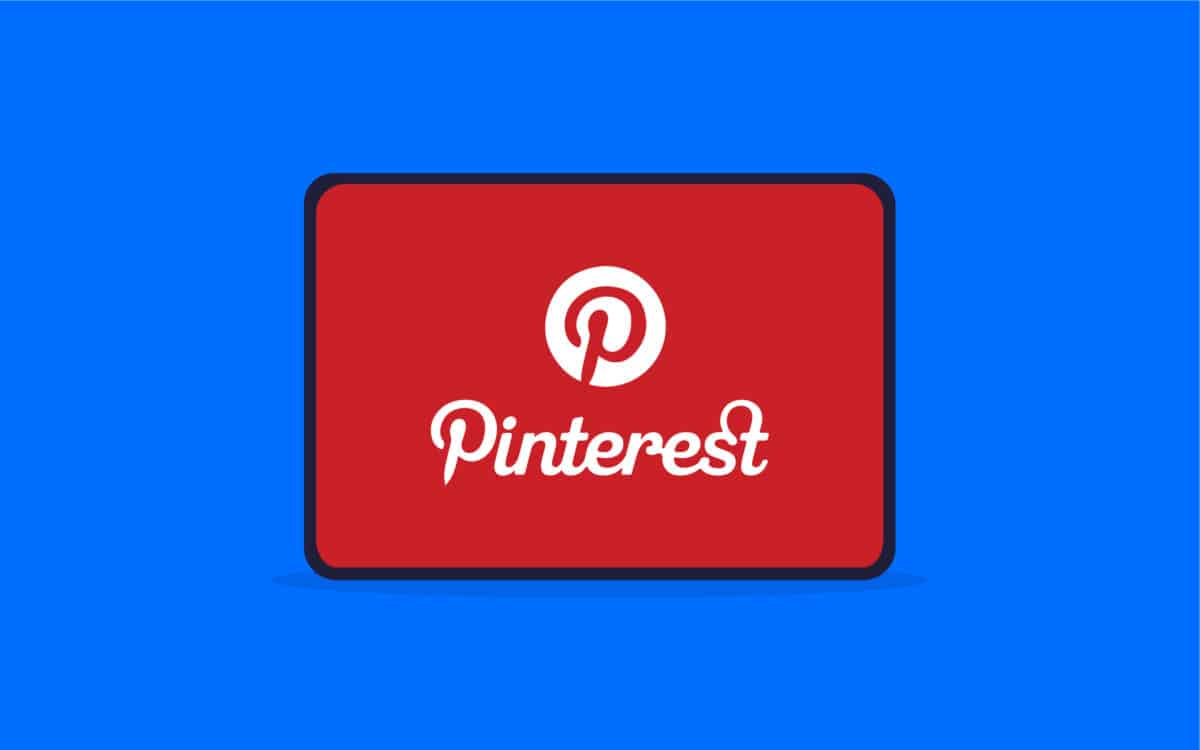
7. Pinterest
One of the best examples of a portmanteau company name out there, Pinterest is an intelligent and engaging title for on online sharing site. Pinterest first launched in 2019 to provide users with a location where they could save and share content related to their interests.
The name “Pinterest” is a combination of the words “Pin” and “Interest”. The idea was to create a title which reminded people of pinning pictures or documents to a notice board for inspiration. You can even “pin” things within the application, which has helped to strengthen the impact of the name.

8. YouTube
The world’s biggest video sharing site, and the second most visited website in the world, YouTube has achieved massive success with its compound name. YouTube first launched in 2005 and has since changed the way we consume video through the web.
YouTube is a combination of the word “You”, intended to highlight the fact this website was made for the unique interests of individual users, and “Tube”. The term “Tube” is actually a nod to a relatively old-fashioned term for the television.
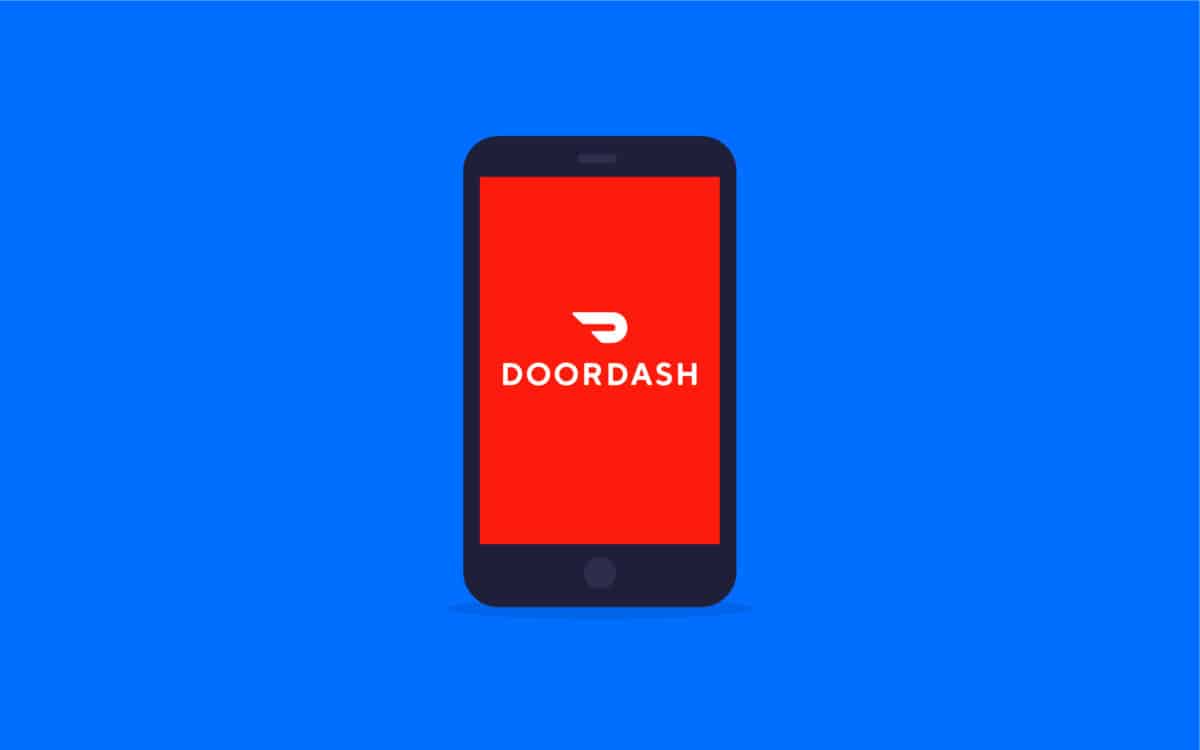
9. DoorDash
Another example of a disruptive startup company with a compound business name, DoorDash first launched in 2013. The American food company was created to help users access the food they wanted from different vendors in their local region via a single app.
DoorDash is a combination of the words “Door”, referencing the front door of a person’s home or business and “Dash”. The title is intended to highlight the convenient “to your door” delivery service offered by the company, as well as its commitment to speed.
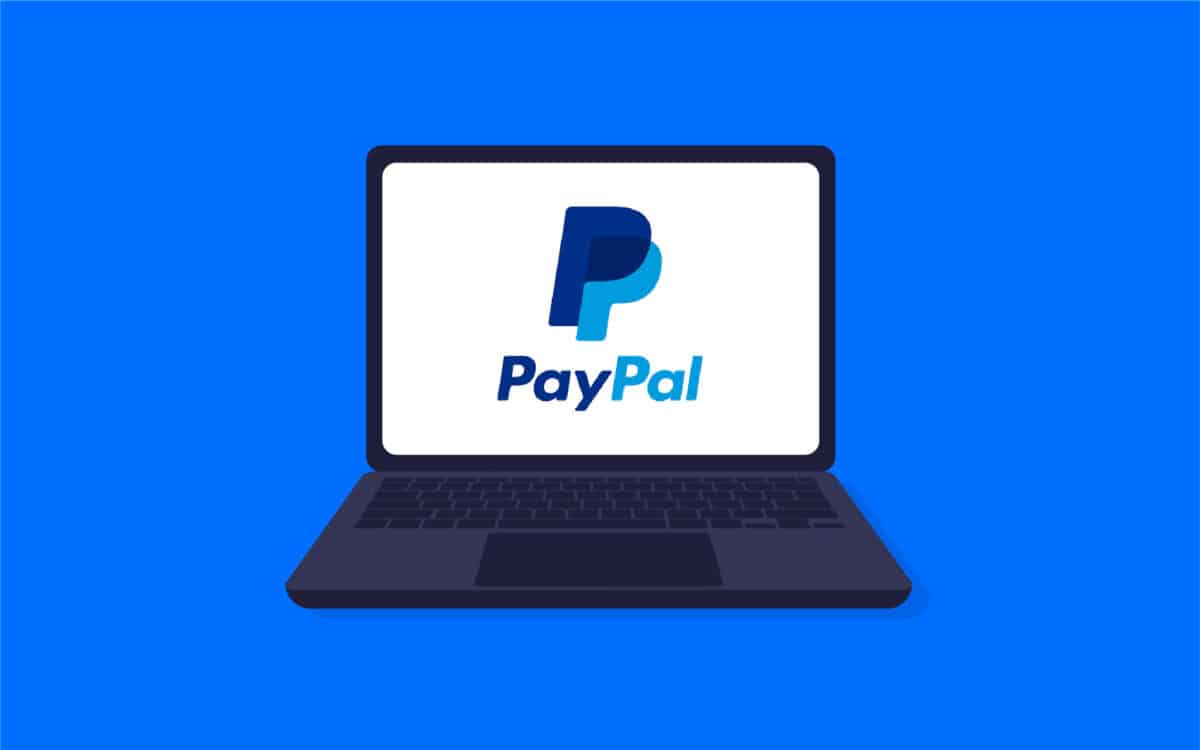
10. PayPal
Perhaps the world’s most popular peer-to-peer payment solution, PayPal first launched in 1988 as “Confinity”. This organization chose its new and simpler compound name to help connect with its target audience and demonstrate its unique service.
“PayPal” simply aims to tell us exactly what you can do with the service. You can use your account online to “pay” your friends or “pals” with nothing but a couple of clicks. The use of the term “pal” also makes the company appear more friendly and accessible.
Tips for using compound business names
Used correctly, compound brand names can have a lot of benefits. These names are evocative, suggestive, and sometimes quite creative. They’re also fantastic at giving companies a unique title they can trademark and own, without requiring them to create a name from scratch.
Of course, like any naming process, coming up with an effective portmanteau brand name can be complicated. There are various points to think about to ensure your name has the right impact on your target audience.
Here are a few points you should keep in mind when choosing your name:
Know your message
Start by identifying the key values you want to convey with your combination of words. Remember your title should be able to highlight not just what you do as a business, but what you stand for.
Try to connect your values with your service wherever possible, like “Instagram” for speed and communication.
Check the spelling
Make sure the words you combine together result in a word that’s relatively easy to spell. While it’s common to use deliberate misspellings in compound terms, like “Netflix”, you run the risk of customers not being able to find you if the spelling is too obtuse or obscure.
Look for flow
Aside from being easy to spell, your name should also be simple to pronounce. Make sure the combination of words flows off the tongue without any complex disjointed areas. This will ensure your title should be easier to remember.
Keep it unique
Try to avoid creating a word which sounds too much like another entity. There are infinite ways you can combine different terms to make something new, so make sure your moniker is unique to you. Do your research before you begin brainstorming.
Do your due diligence
Speaking of doing your due diligence, it’s worth testing your name on multiple people to ensure it has the right impact. You need to double check your words aren’t blending together in the wrong way, or have a different meaning in other parts of the world. Be cautious with your name.
If you’re struggling to come up with an effective compound business name, you might find it helpful to speak to a professional naming agency. These companies tend to have a lot of experience coming up with all kinds of titles, so they can help you to avoid common mistakes.
Should you consider portmanteau company names?
Portmanteau brand names are just one option today’s businesses have when it comes to choosing unique and compelling titles for their organisation. Used correctly, these names have a lot of value to offer, from instant recognition to emotional impact.
However, picking the right compound business name can be tricky. It’s difficult to ensure people are going to view, pronounce, and spell your combined name correctly. There’s also a risk words may blend together to form different meanings in other parts of the world.
Take your time, do your research, and make sure you know exactly what kind of impression you’re going to make with your portmanteau names. When all else fails, seek the assistance of a professional.
Fabrik: A naming agency for our times.

We’ve made our name famous by naming other businesses.
Get in touch if you have a company, product, or service that requires a unique name. Click below, and let’s start a conversation today!
Now read these:
—Types of brand names, the ultimate guide
—An in-depth guide to descriptive brand names
—The pros and cons of abstract brand names
—When to use an evocative brand name
—Your guide to invented company names
—Is a lexical brand name right for your business?
—An insight into acronymic business names
—Putting geographic brand names on the map
—Should you name a business after yourself?
—Exploring the trend for modern brands names
—Is a playful business name right for you?
—Adding up alphanumeric company names
—Why are metaphorical brand names popular?
—Weighing up technical company names
—Getting to grips with historical brand names









